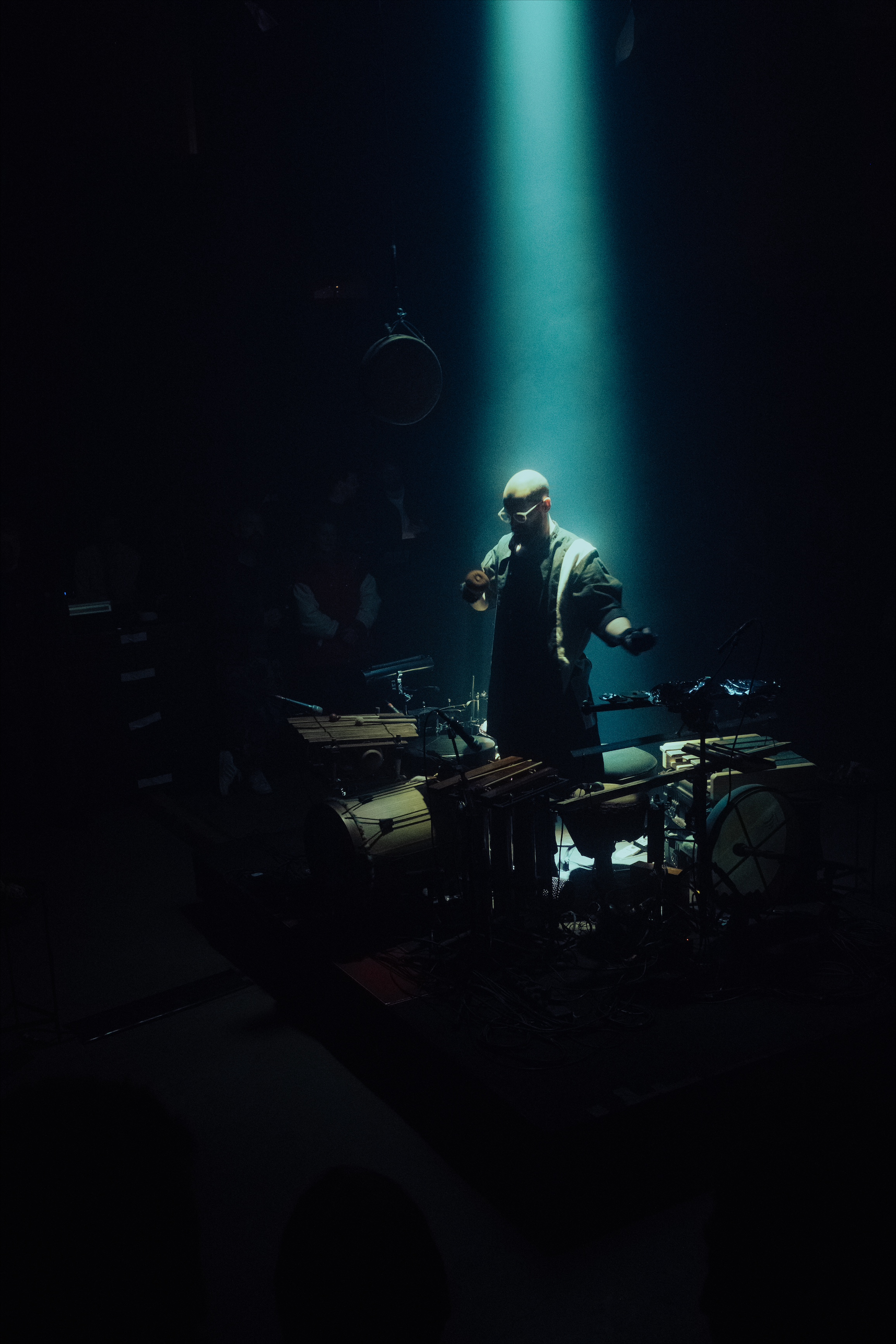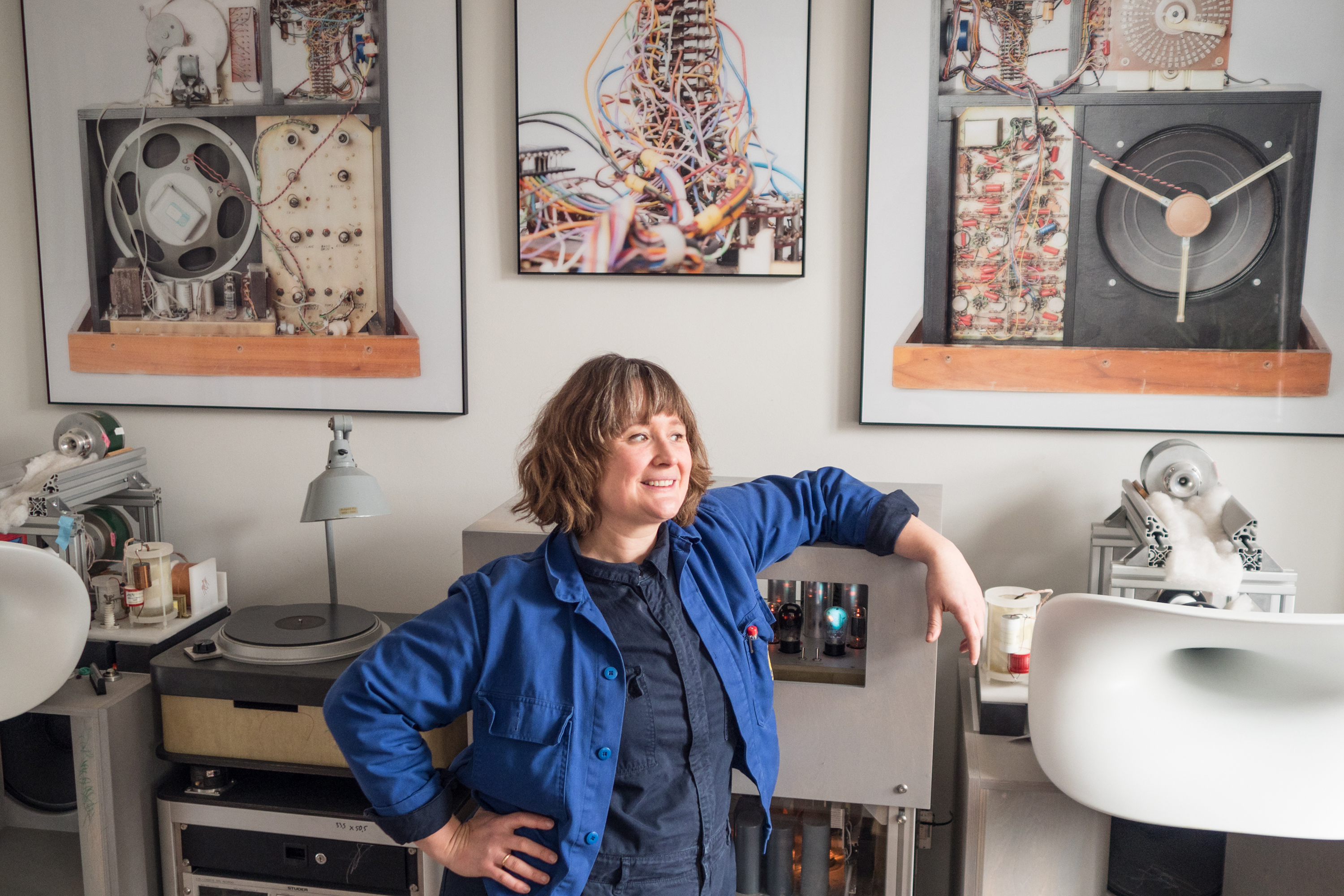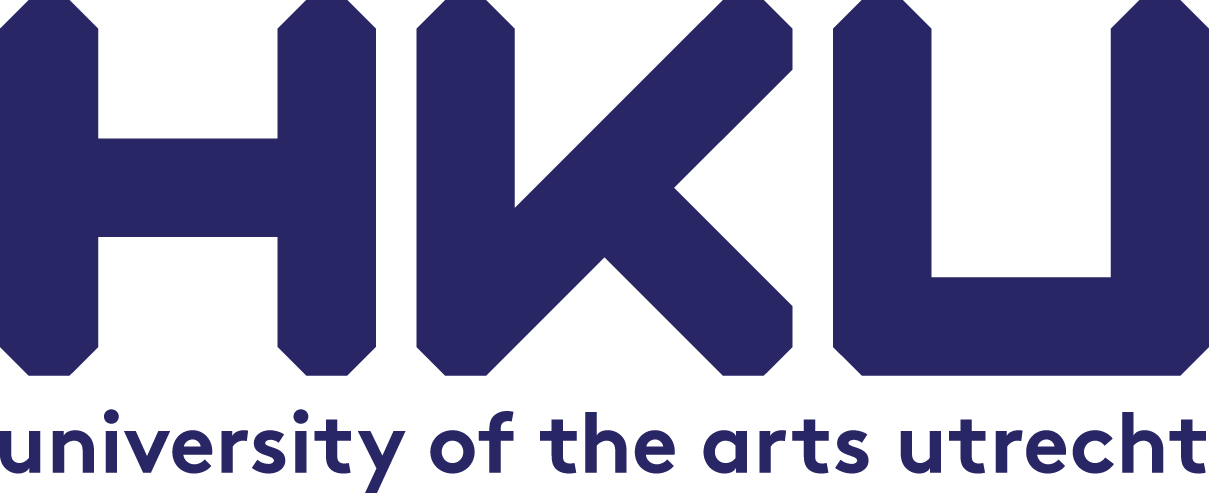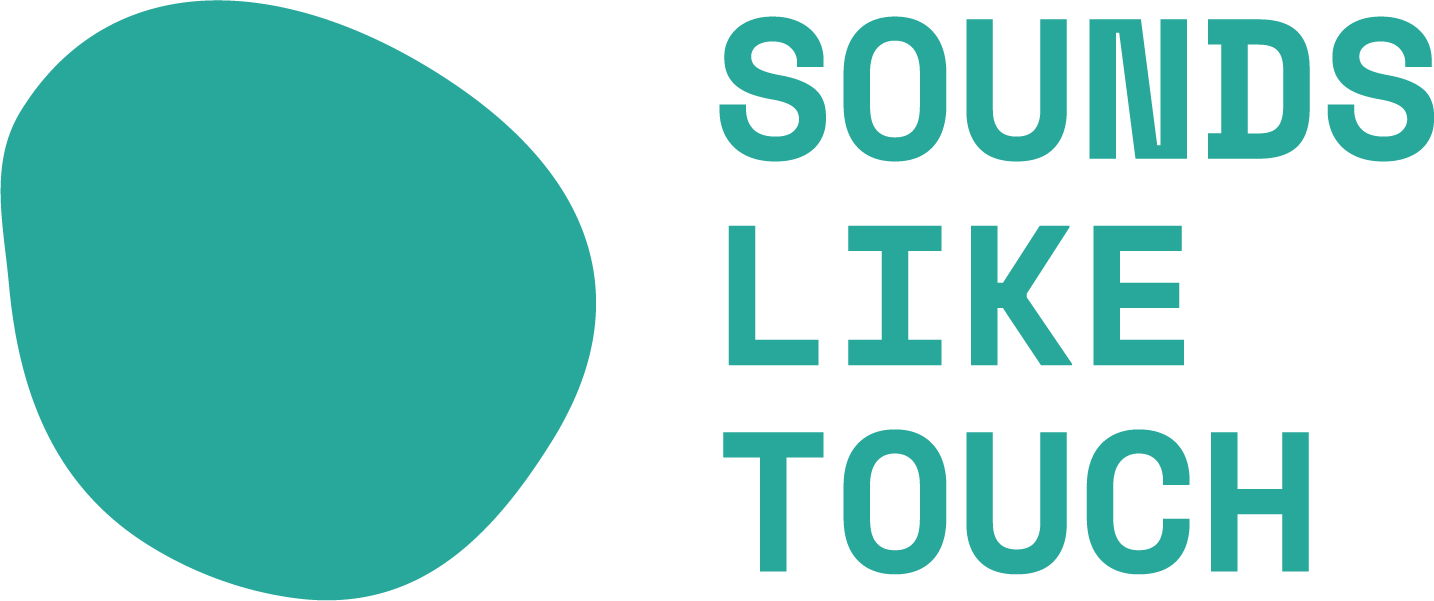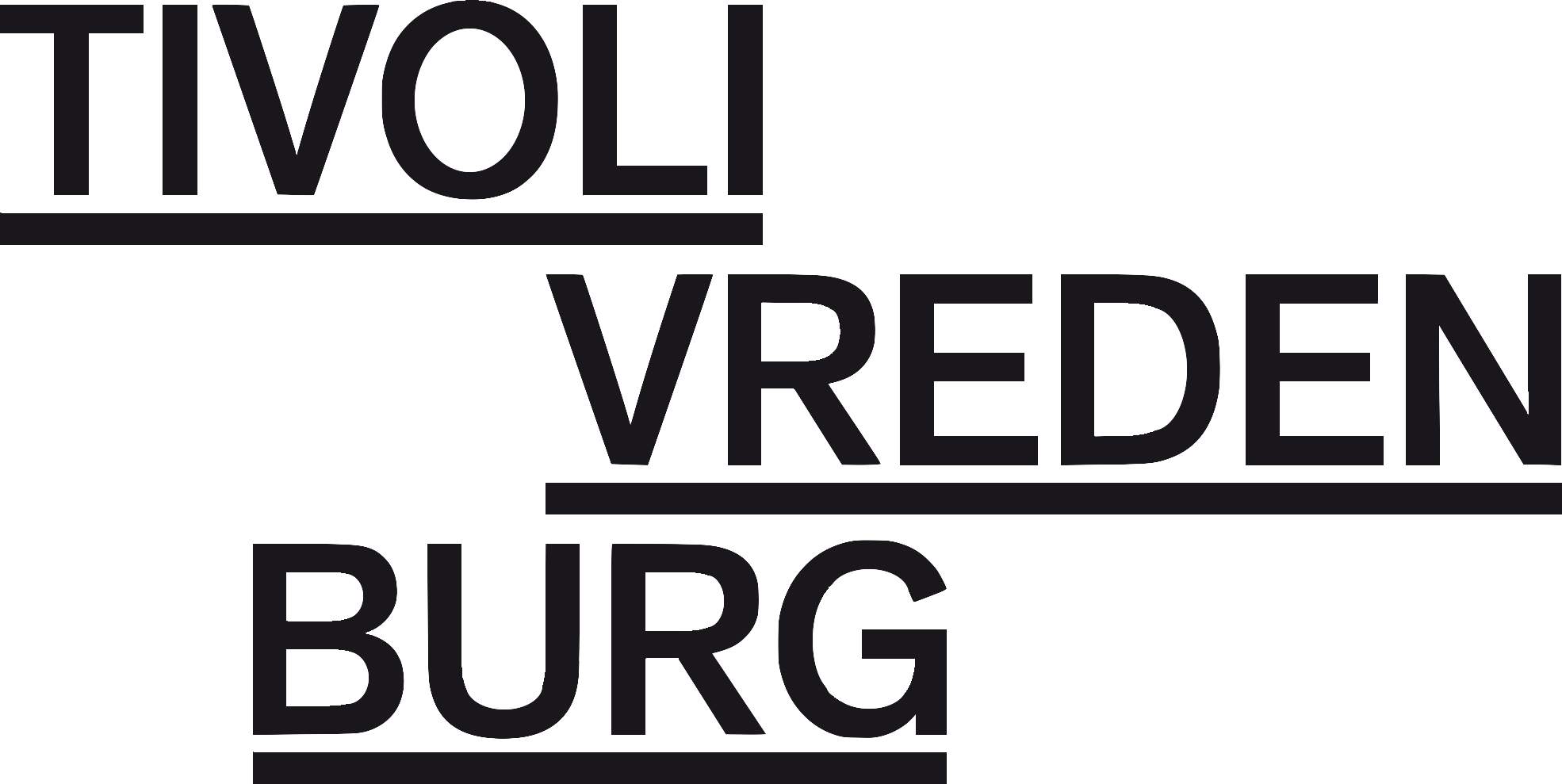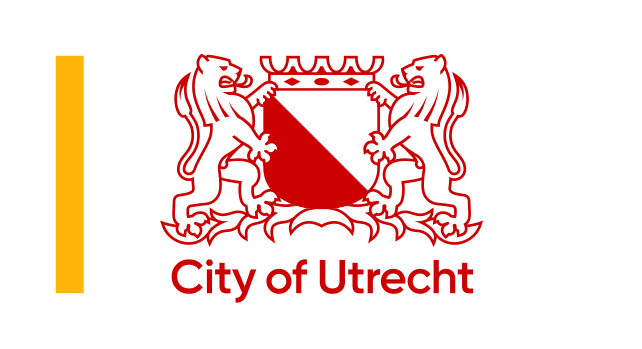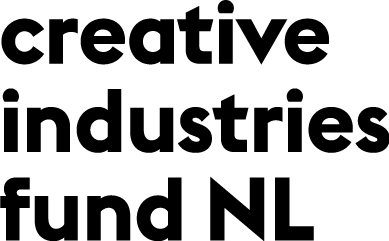What else is there? Unarchiving The Hands.
Wednesday 4 September, 15:30 - 16:30 - TivoliVredenburg Hertz
link to recorded stream
;40 years ago, Michel Waisvisz played his first concert with The Hands. The instrument failed spectacularly, and was nearly abandoned, but after a chance encounter at IRCAM in Paris, it was rescued back out of the cardboard box and developed into one of the first sensor-driven musical instruments with a digital environment. The Hands made use of the then brand-new MIDI protocol and paved the path to the development of the STEIM SensorLab, which in turn inspired many early NIME projects.
In this talk, Andi Otto and Kristina Andersen will tell the story of The Hands and the significant traces it has left in the history of new musical interfaces. They will address the complexities of unarchiving a lifetime of musical live practice, which put documentation almost totally in the blind spot. Through this, they will loop back to the original STEIM stance of looking at the instrument as an expression of the desire to make new music and by extension the need for new instruments with which to imagine new music.
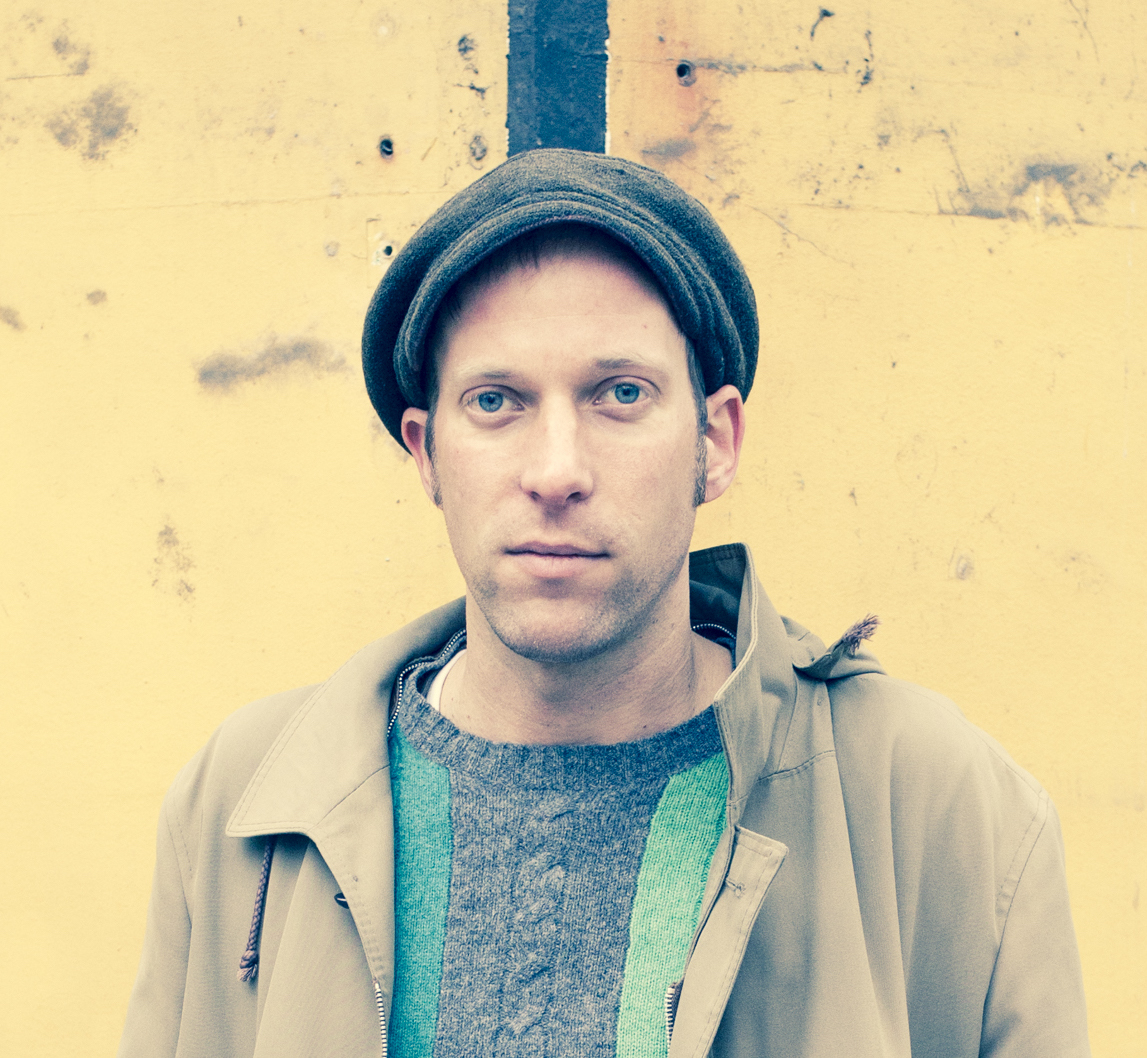
Andi Otto
Andi Otto is a Hamburg-based sound artist, composer and performer. His work centres on the exploration of experimental human-machine interfaces in electronic music: As an artist, he performs with his self-developed sensor bow "Fello", which transforms his cello bow into a gestural sound device. He also builds interactive sound installations and creates real-time sound design settings for dance and theatre performances. As an academic, he has researched the pioneering role of sensor instruments developed at STEIM in Amsterdam in the 1980s. His dissertation "Dutch Touch" is going to be published by Goldsmiths Press. Andi Otto is a lecturer in the Sound Arts department at the HKB in Bern and co-founder of the record label Pingipung, where he releases music by artists such as Anadol, Umeko Ando and Marie Klock. He has released six solo albums on international labels, tours worldwide and performs in duo projects with MD Pallavi and F.S.Blumm.
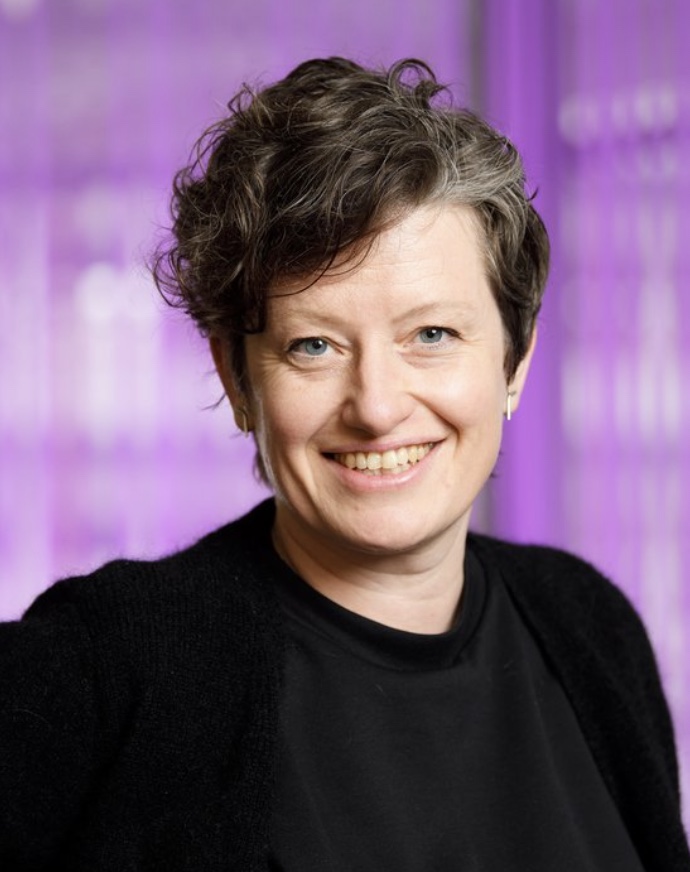
Kristina Andersen
Kristina Andersen is an associate professor at the Department of Industrial Design at TU/e. Her work is concerned with how we can imagine our possible technological futures through digital craftsmanship and collaborations with semi intelligent machines. How can we make and act around that which is yet to be imagined? How can we dream of different outcomes in times of catastrophic change? Can we we use making and materials as a way to construct visions of new kinds of instruments and machines? Andersen was based at STEIM for 14 years, where she lead the Instruments and Interfaces master at Sonologie. She is on the Steering Committee for DIS, Product Jury for the Dutch Design Awards and part of the International Advisory Council, Design Research Society DRS.
